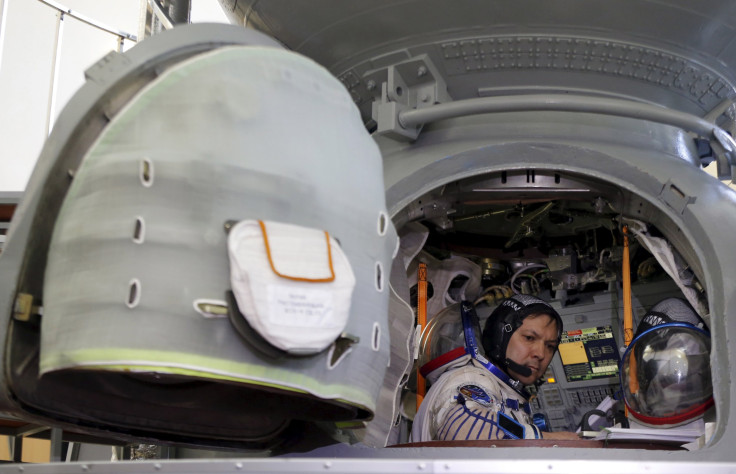Russia Builds Space Program With Saudi Arabia, Iran Amid Roscosmos' Struggles

Saudi Arabia and Russia have reached an agreement for collaboration between their space programs for peaceful exploration, Saudi media report. Saudi Arabia’s Council of Ministers signed off on the deal Monday.
King Salman directed the head of the King Abdulaziz City for Science and Technology to sign a cooperation deal with the Russian space agency Roscosmos, English-language Saudi news outlet Arab News reported. Officials did not announce a timeline for the joint space operations nor detail what form the collaborative efforts would take.
Saudi Arabia’s agreement with Russia occurred months after the Kremlin purportedly reached a similar arrangement with Iran, the Saudis' regional archrival, on joint space exploration, RT reported. Under that deal, Russia allegedly agreed to train would-be Iranian astronauts and collaborate on the production of satellites.
“A protocol on cooperation was signed on April 10 in Tehran after the fifth session of Russian-Iranian work group on space cooperation,” a source from Russia’s space program told Russian newspaper Izvestia, according to RT.
Russia’s apparent dedication to continued space exploration has unfolded despite reports of corruption and financial mismanagement within Roscosmos. The agency had to pay 92 billion rubles ($1.8 billion) in financial penalties in 2014, CNN Money reported in May. Aside from widespread corruption, the space agency’s current projects, including the construction of a new cosmodrome for rocket launches, have experienced significant delays and ballooning budgets.
The West’s economic sanctions, enacted against Russia as punishment for its purported role in the eastern Ukraine conflict, damaged the economy and forced the Kremlin to reduce the Roscosmos budget by 35 percent through 2025. Despite those cuts, President Vladimir Putin has said Russia will launch a new space station into orbit by 2023.
© Copyright IBTimes 2025. All rights reserved.






















